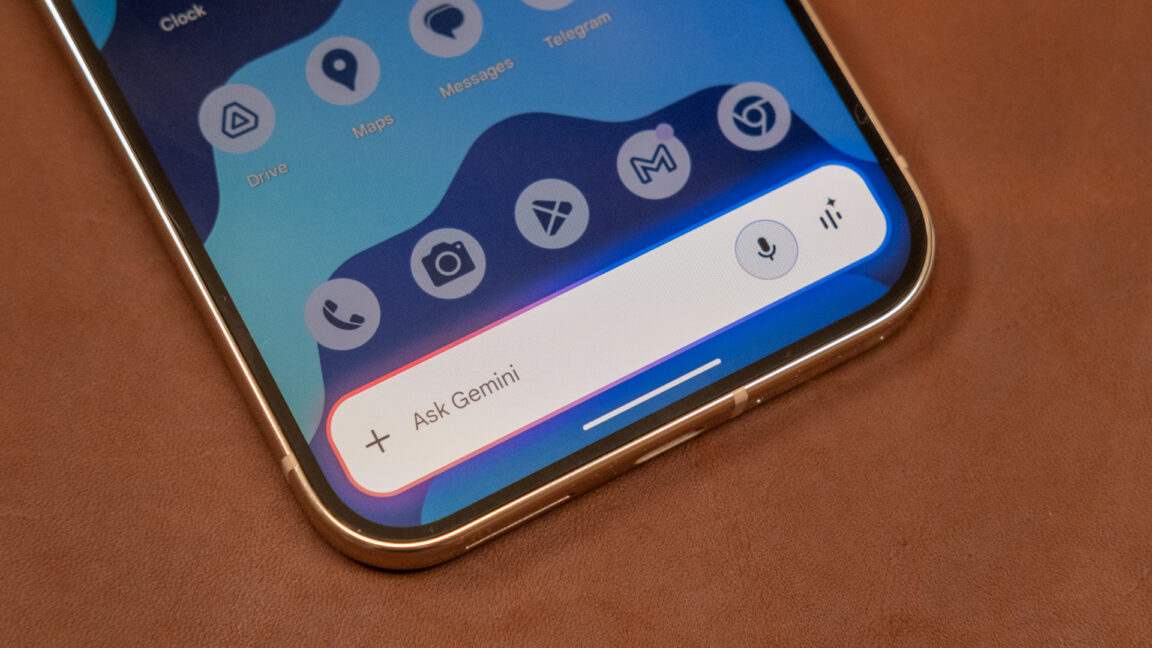Google Gemini Learns from Chats with New Privacy Options

Google Gemini, increasingly integrated into Google's ecosystem, is now more interactive with data. New updates empower the AI to remember chat details for better responses. If privacy is a concern, Google has introduced a temporary chat feature ensuring no impact on Gemini's perception of you.
Previously, Google's "personalization" used your search history for response customization, though it wasn't widely embraced, leading to its removal. The latest effort involves a "Personal Context" feature, where Gemini retains past conversation details for more adaptive replies without explicit prompts.
Google asserts that this feature, called Personal Context, enhances response relevance, especially in recommendations. However, caution is advised as overly friendly AI interactions can reinforce misconceptions, echoing issues noted in AI studies regarding delusional thinking.
The Personal Context feature will initially roll out with Gemini 2.5 Pro, excluding the European Union, the UK, and Switzerland, and is limited to users over 18. Google plans further releases, including support for the Gemini 2.5 Flash model. This customization can be toggled from the settings.
Data Control Enhancements
With growing customization in Gemini, users might hesitate to chat freely with the AI. Fortunately, options exist—turn off Personal Context or use Temporary Chats, mirroring an incognito mode that genuinely maintains privacy.
Temporary Chats, launching soon, will allow users to engage without affecting Personal Context, even if it's switched on. Such interactions are stored for 72 hours for user reference and expansion.
As Google adjusts data usage in Gemini, from September 2, portions of chats and uploads will train its AI, supposedly to "improve services for everyone." Users must opt-out to prevent this or use Temporary Chats. Upcoming privacy setting changes will let users control these aspects, avoiding unwarranted data usage by Google.



